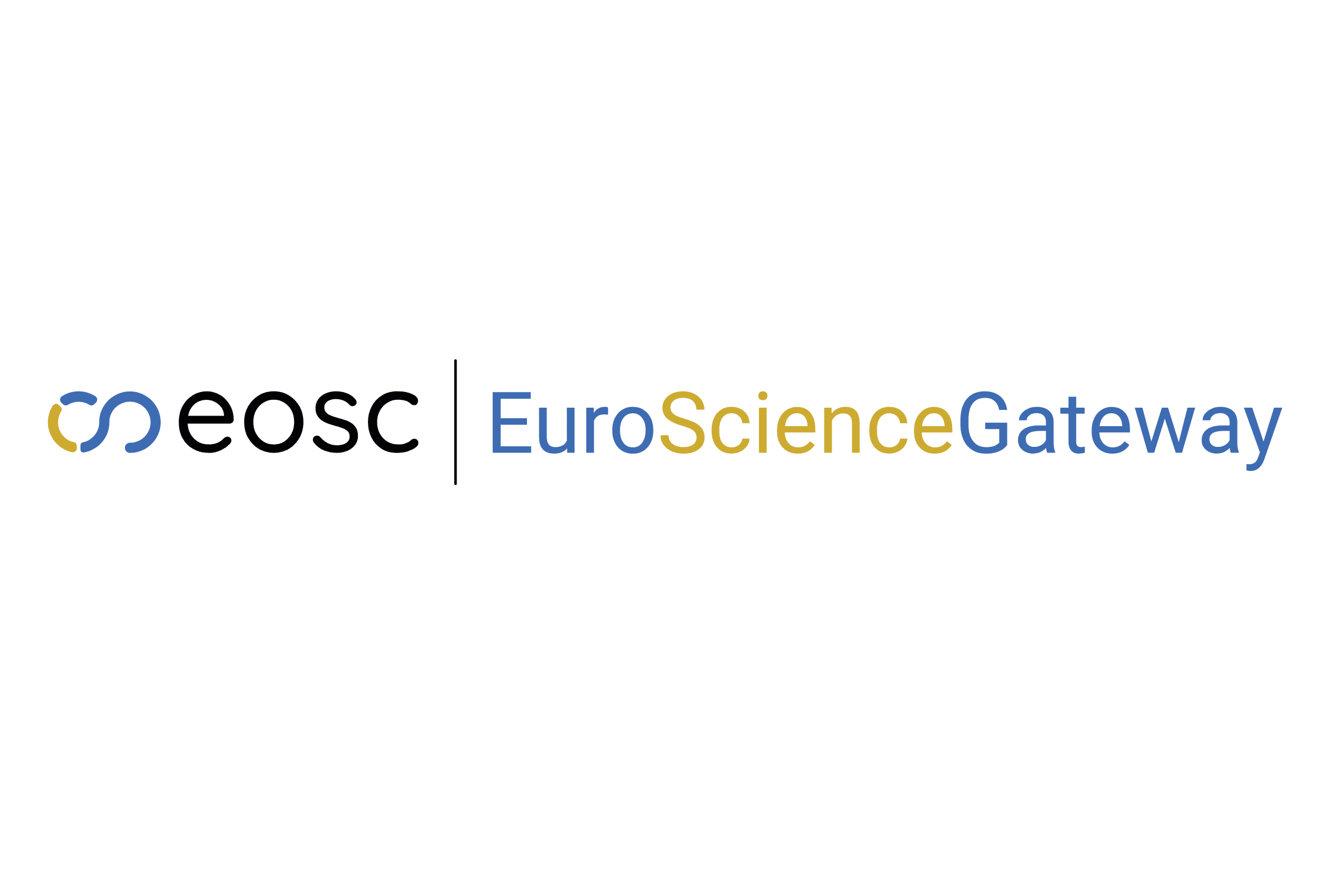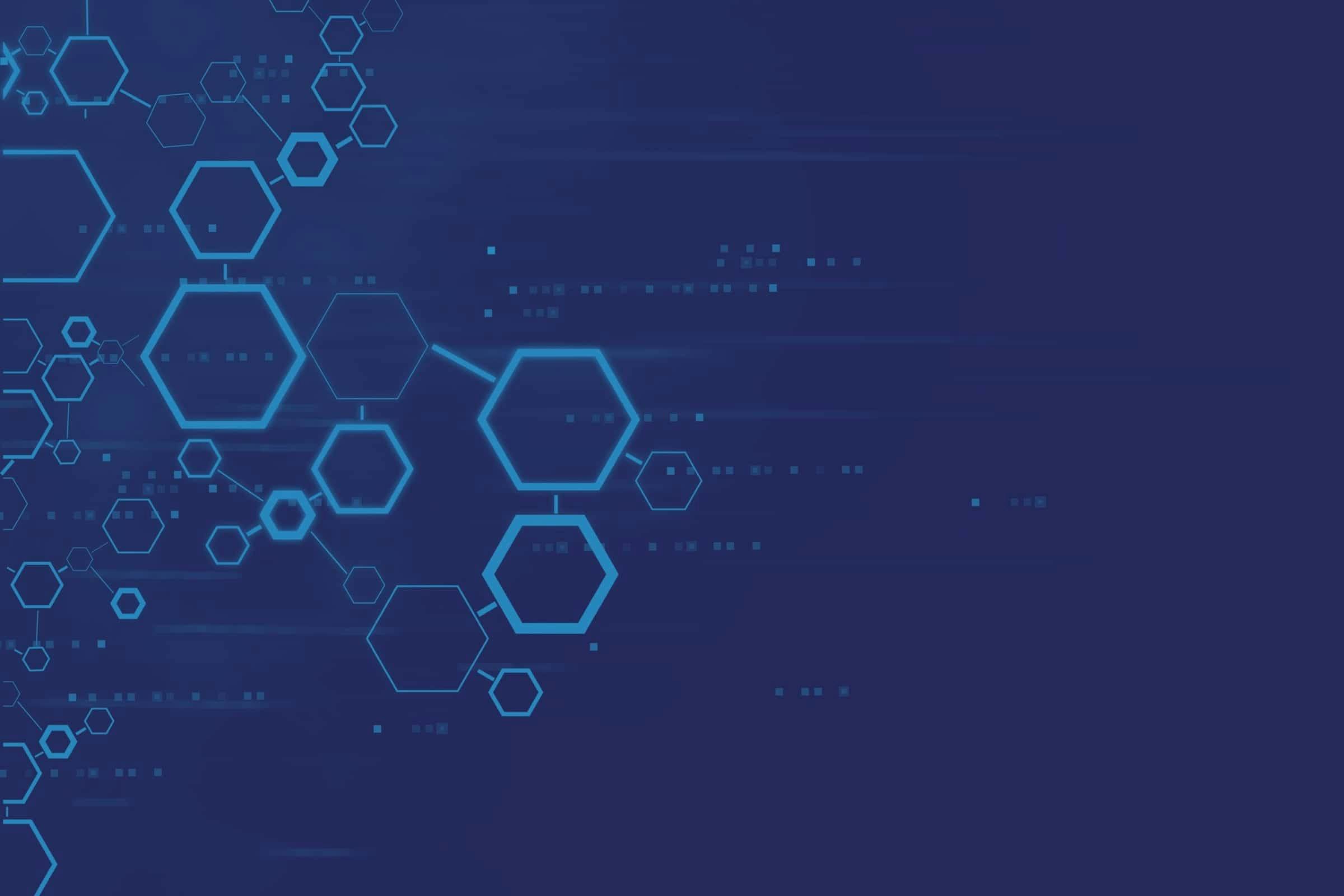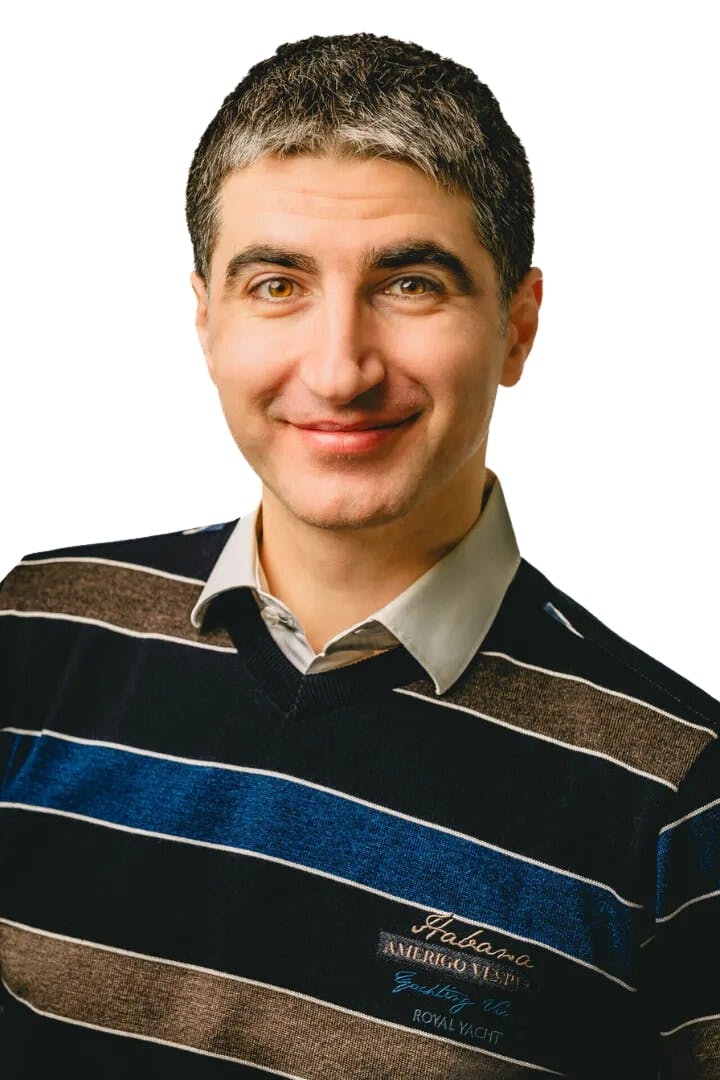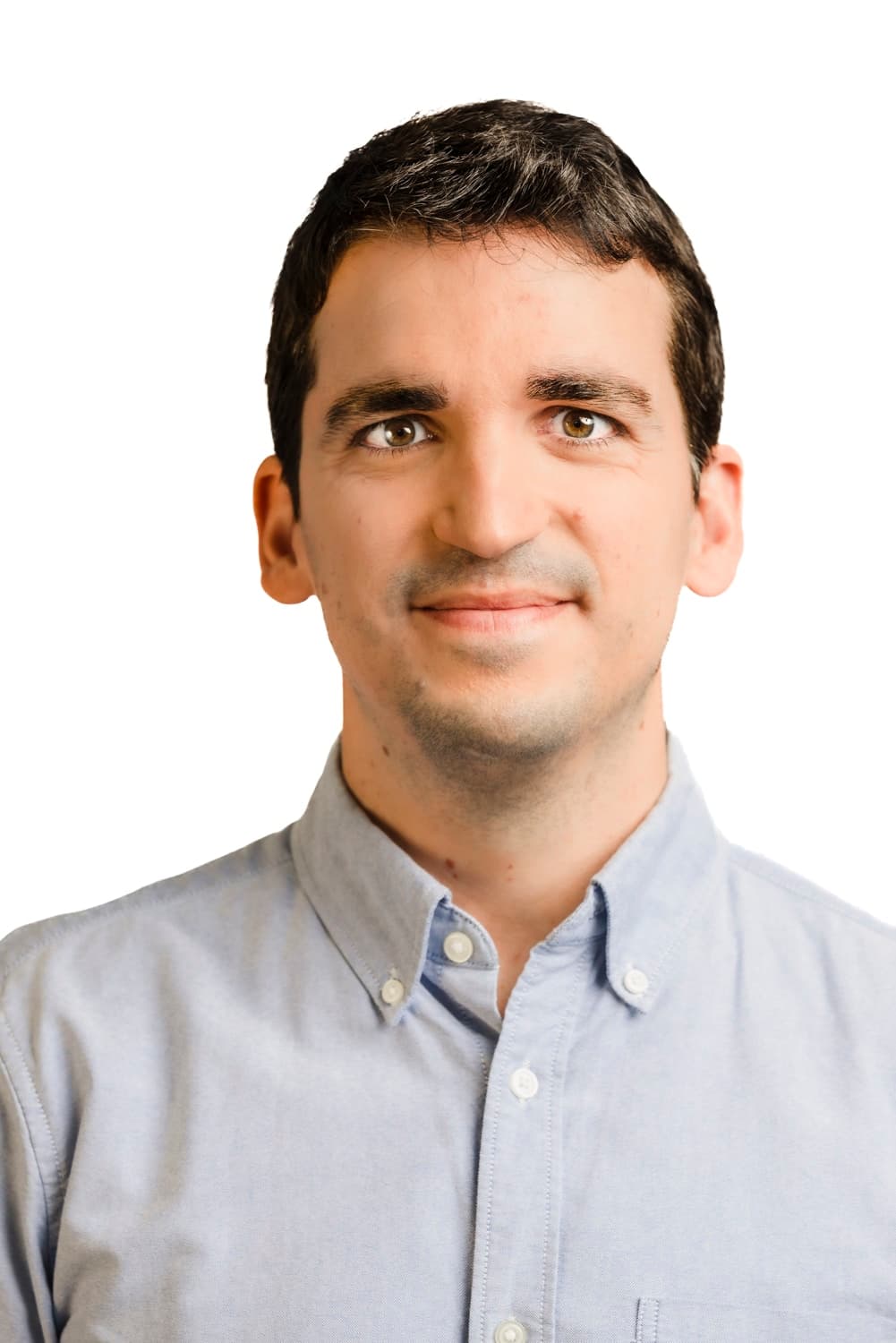The European Galaxy Days 2025 (1–3 October 2025, Freiburg, Germany) brought together researchers, developers, and infrastructure experts from across Europe for a dynamic week of collaboration. Hosted by the University of Freiburg, the event combined the European Galaxy Days, the ELIXIR Galaxy Community Meeting, and the EuroScienceGateway (ESG) Final Meeting, marking the conclusion of the Horizon Europe project after three years of innovation and cross-disciplinary cooperation.
EGI Reflections at European Galaxy Days 2025
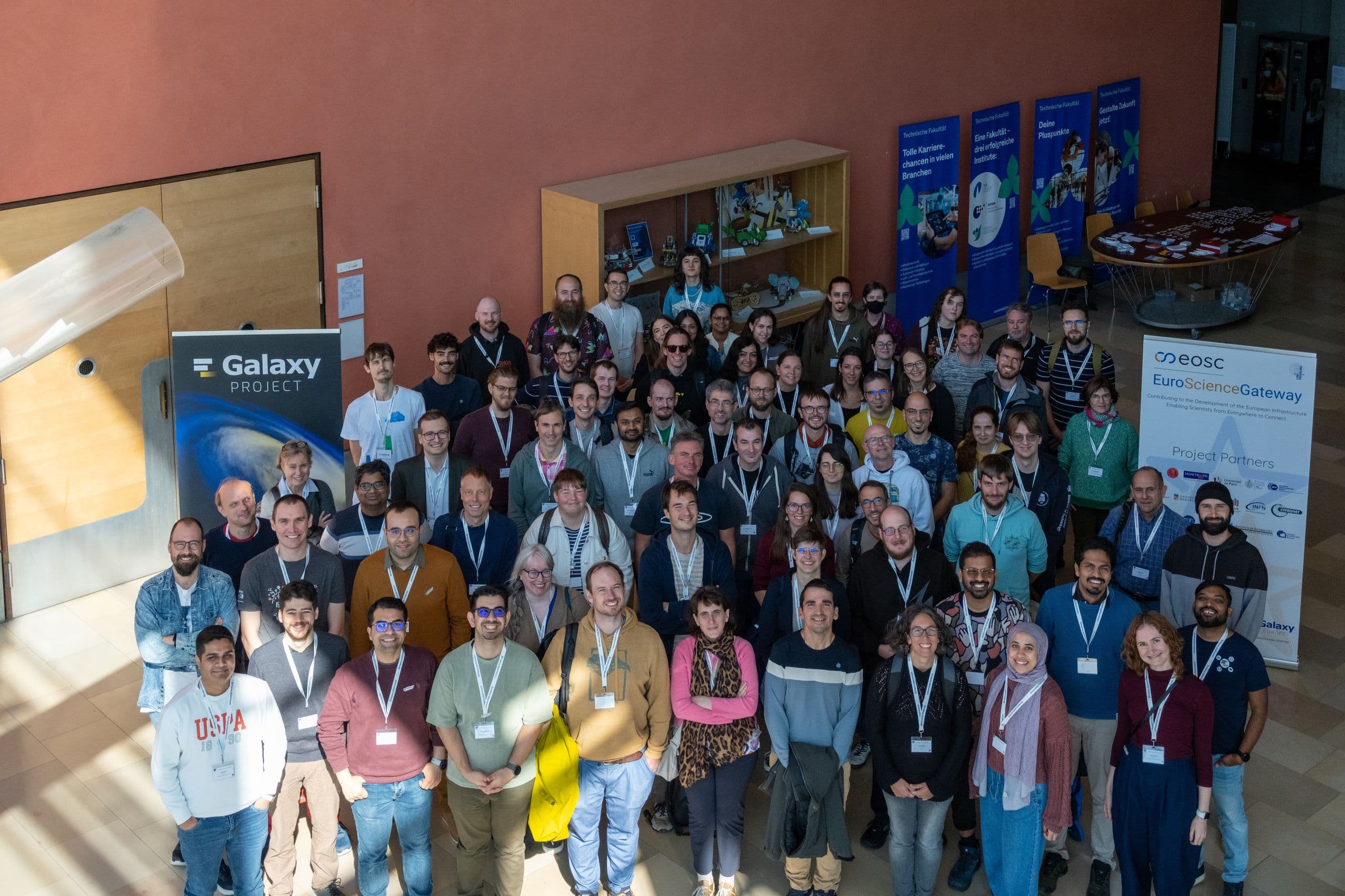
With over 100 participants attending in person and online, the meeting provided a great opportunity to celebrate the achievements of the project and look ahead to the future of the Galaxy ecosystem and open science infrastructures in Europe.
EGI’s Role in EuroScienceGateway
Throughout the EuroScienceGateway project, the EGI Foundation has been a key partner, coordinating work focused on expanding Galaxy’s ability to use a wider range of computing and storage systems across Europe. This work included developing meta-scheduling capabilities to efficiently distribute computing jobs across heterogeneous infrastructures, from national clouds to HPC resources provided through the European Open Science Cloud (EOSC).
Key achievements presented by Sebastian Luna-Valero (EGI Foundation) included:
- Bring Your Own Compute (BYOC): allowing Galaxy administrators and users to connect their own computing resources—such as institutional clusters or national HPC systems—into the Galaxy ecosystem. This functionality, now integrated into the Galaxy codebase, enables researchers to access European resources through EOSC seamlessly.
- Bring Your Own Storage (BYOS): integrating multiple storage backends, including Onedata, as remote file sources and object stores within Galaxy. Partners’ efforts helped make data handling more flexible and secure, with templates and training materials available for major providers like AWS, Azure, GCP, and S3-compatible systems.
- Smart Job Scheduling: developing a meta-scheduling system (via the TPV Broker) to distribute computational jobs efficiently across Europe. The system evaluates queue times, workloads, and endpoint performance to optimise where jobs run—making Galaxy more responsive and resource-efficient.
“Through EuroScienceGateway, we’ve enabled Galaxy to dynamically use Europe’s distributed computing and storage resources. The BYOC, BYOS, and smart job-scheduling features make the platform more powerful, scalable, and sustainable for scientific users across domains,” said Sebastian Luna-Valero.
Sustainability at the Heart of Open Science
Sustainability was a central topic throughout the week. Smitesh Jain (EGI Foundation) delivered a talk titled “Sustainability of a Platform: The Case of Galaxy,” examining how the Galaxy ecosystem has evolved to remain resilient, sustainable and relevant in a rapidly changing scientific landscape.
In his presentation, Smitesh introduced the DVF Framework, which assesses sustainability through Desirability, Feasibility, and Viability lenses, capturing the social, technical, and economic dimensions that underpin long-term success.
He highlighted how Galaxy’s sustainability stems from:
- Desirability – Thousands of active researchers use Galaxy every month, running millions of analyses.
- Feasibility – The platform benefits from a strong contributor base and 15+ years of continuous innovation.
- Viability – Galaxy’s broad adoption across disciplines, from life sciences to digital humanities, demonstrates its ongoing scientific and societal impact.
“Sustainability is about more than funding—it’s about people, collaboration, and adaptability. Galaxy thrives because it’s built by and for a community that believes in open, reproducible science,” said Smitesh Jain.
From Project to Long-Term Impact
As EuroScienceGateway concludes (2022–2025), its outcomes lay the groundwork for lasting impact. Through EGI’s leadership in federated computing and commitment to open, FAIR science, the project’s advances will continue to empower the Galaxy community and the broader European research ecosystem.
We are pleased that our Service Level Agreement with EuroScienceGateway has been extended for one more year beyond the end of the project, thanks to the in-kind contributions from IISAS-FedCloud, INFN-CLOUD-BARI, and TR-FC1-ULAKBIM.

